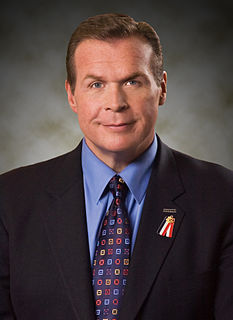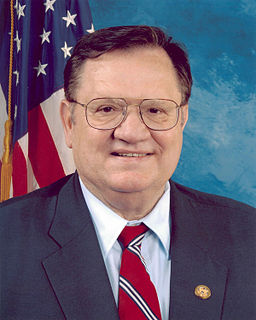A Quote by Margrethe Vestager
It is very important, to have a robust digital economy, that the citizens regain the trust in how their data are being processed and who can access them.
Related Quotes
One of the great sadnesses of modern life, because of our disenfranchisement and disillusionment with religion, is that we don't have access to these ideas. Yoga and meditation, for me, is a way of, in this secular world, accessing very very beautiful principles that would perhaps make us happier, at a time when people feel disillusioned with the economy, concerned about the ecology, worried with politicians, and don't trust what they're being told on television.
As somebody who's kind of a technophile, I'm interested in how traditional and digital publishing connect. Maybe ten years ago they were seen as antagonists, but now they complement each other. There's data that shows digital sales actually drive print sales. And even the ways in which pictures and words, text and image, interact - we're seeing these books that are very hard to categorize. All of that is very exciting to me.
The sluggish economy is creating a situation where the young people in Japan cannot cherish their desires or have prospects for their future. Also, the decline in Japan's economic capability is resulting in a declining presence for Japan's foreign policy as well.
Accordingly, the duties and mission that I must fulfill are pretty clear: namely, to regain a strong and robust economy, and also to restore Japan's strong foreign policy capability.
We live in the digital age and, unfortunately, it’s degrading our music, not improving it It’s not that digital is bad or inferior, it’s that the way it’s being used isn’t doing justice to the art. The MP3 only has 5 percent of the data present in the original recording. … The convenience of the digital age has forced people to choose between quality and convenience, but they shouldn’t have to make that choice.
Rwanda is a very open and free country. Key to our recovery as a nation has a range of grassroots, citizen-centered polices we call "homegrown solutions." The idea that Rwanda is highly controlled from the center belies the reality, which is that citizens in every village have a powerful say in how things get done. We prize accountability and Rwandans are quickly adapting themselves to the possibilities of a digital economy.

































